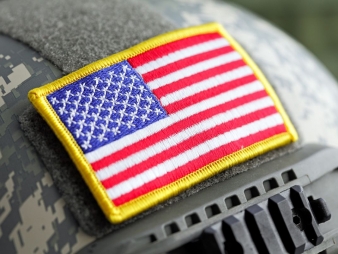Massive changes to the rules and regulations relating to certain VA pension benefits were implemented on October 18, 2018. The affected VA pension benefits are commonly known as the “Aid and Attendance” benefits.
For a number of elderly Veterans and their spouses, this has been a tax-free benefit that has paid out over $2,000 per month to Veterans and over $1,000 per month for surviving spouses of Veterans. Historically, obtaining the Aid and Attendance benefit has been quite a tough process, entailing numerous VA forms, verifications and additional evidence requests from the VA—and that was before the recent law changes.
The VA has now implemented a “look-back” period, similar to the “look-back” period for Medicaid. On the date you apply for the benefits, the VA will “look-back” at previous years of your financial affairs to determine eligibility. This means that the VA has the right to request your bank statements, tax returns, deeds, and other financial information going back potentially years before your application date. The VA is looking for anything “improper” during this period. If the VA finds that you gave away any of your assets, the VA will now impose a “penalty period” during which the VA will not pay you the Aid and Attendance benefits.
The VA has also established bright-line net worth eligibility thresholds in accordance with certain Medicaid standards. This bright-line test considers many assets, including income and real property. As such, it can get tricky when it comes time to apply for the benefits if you miscalculated your net worth and it turns out to be greater than the maximum allowed amounts.
The VA has also changed the treatment of a residence for purposes of establishing net worth. Prior to the law changes, Veterans and their spouses did not have to include the value of their residence as an asset, even if they lived on a farm with quite a few acres. Now with the law changes, the VA will allow applicants to exempt their residence but only up to two acres. The VA will count any acreage that is over the two acres as an asset available to help pay for care costs.
Even with all of these changes, there are still many Veterans and their spouses who can qualify for these VA benefits. But it is important to properly navigate your way through the challenging VA process. The VA-Accredited attorneys at Critchfield, Critchfield and Johnston, Ltd. are happy to answer any questions or assist you with pursuing these important benefits earned by Veterans.




